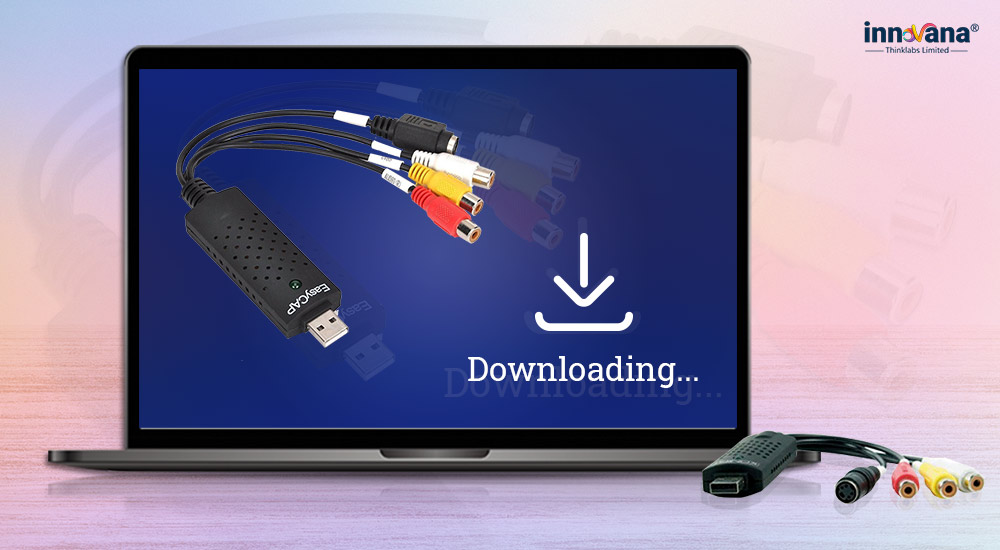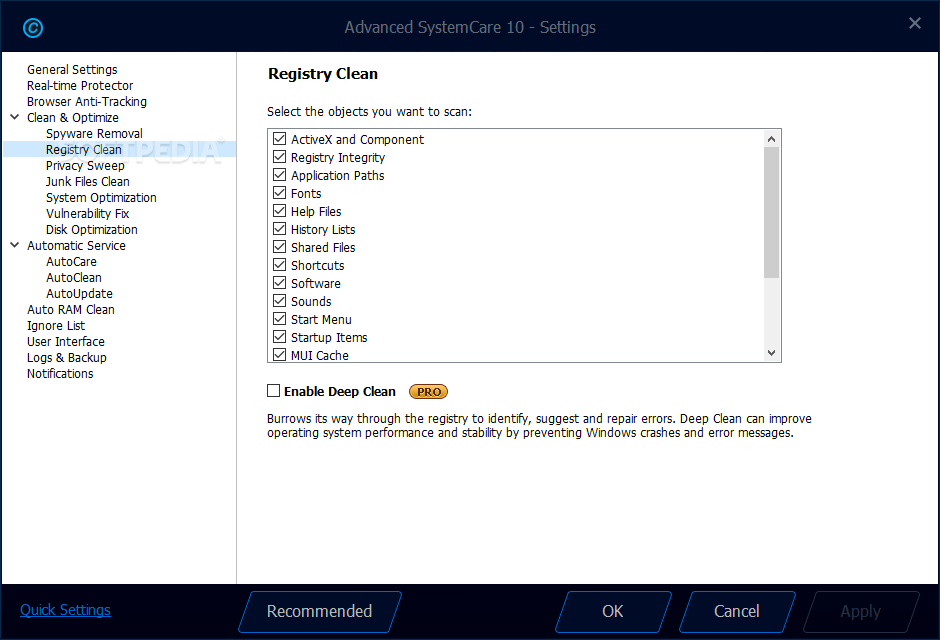
The party fought against this bottom-up de-collectivization movement, insisting, “We do not allow family farming, we do not allow the division of land, and we do not allow individuals to strike out on their own.” But eventually, the party had to give up after the production figures from family farming had consistently surpassed those from government-run agriculture collectives. According to Dikotter, “Even before Mao died, villagers in many parts of the countryside sought to regain control over the land … In some cases, local officials quietly distributed land to the farmers.

So how did China’s socialist economy still generate visible economic growth in the last four decades? The Chinese people pulled themselves out of poverty by disobeying the party’s orders. Capital is not allowed to flow freely in China. The Chinese government still follows the former Soviet Union’s central planning model by issuing an economic plan every five years. Dikotter writes, “To this day, the land belongs to the state, a great many raw material resources belong to the state, major industries are controlled directly or indirectly by the state, and the banks belong to the state … 95 of the top 100 private firms belong to current or former party members.” To this point, the state-owned banks distribute capital as political goods to state-owned enterprises to pursue political goals. Thus, China’s economy today is as much a socialist one as it was under Mao since the state still controls all the means of production. In actuality, the CCP was “tinkering with a planned economy” and misleading the public about economic reform whenever it needed to attract foreign investments or seek memberships to international organizations such as the World Trade Organization (WTO).

According to Dikotter, the term “economic reform” is inaccurate. Socialism Persists in ChinaĪ common misbelief about China is that through four decades of “economic reform,” the Chinese economy has become more market-oriented than it was under Mao’s rule. An immense contribution of this book is that it shatters the image of a more open and powerful China. The book also devotes many pages to analyzing China’s economy.

Dikotter’s new book picks up from 1976 to the present and covers significant political events such as the CCP’s internal power struggle after Mao’s death and the 1989 Tiananmen Square Massacre.


 0 kommentar(er)
0 kommentar(er)
